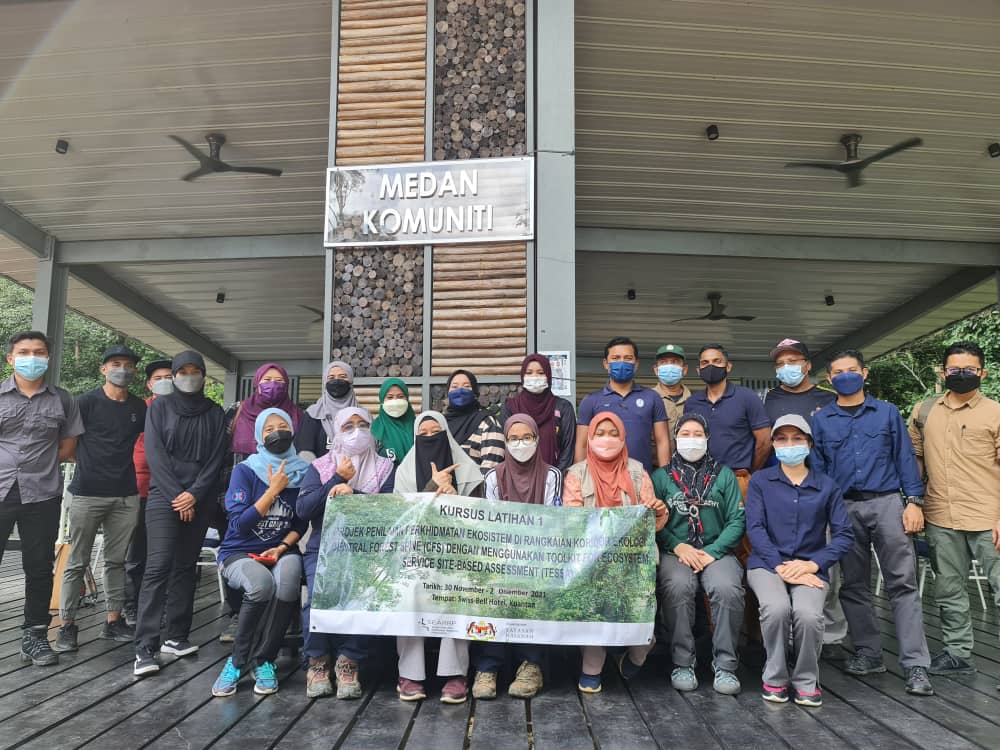
Group Picture of Tasik Chini
With restrictions easing in Malaysia, we have successfully conducted the second part of our TESSA Training Workshop 1 in a hybrid setting – with our participants from Jabatan Perhutanan Negeri, Jabatan Perhutanan Semenanjung Malaysia and our stakeholders from partner universities and NGOs attending the event physically in Kuantan, Pahang while our project manager, Melissa Payne in Sabah and our trainer, Rosie Trevalyn delivering their part of the training virtually from the UK.
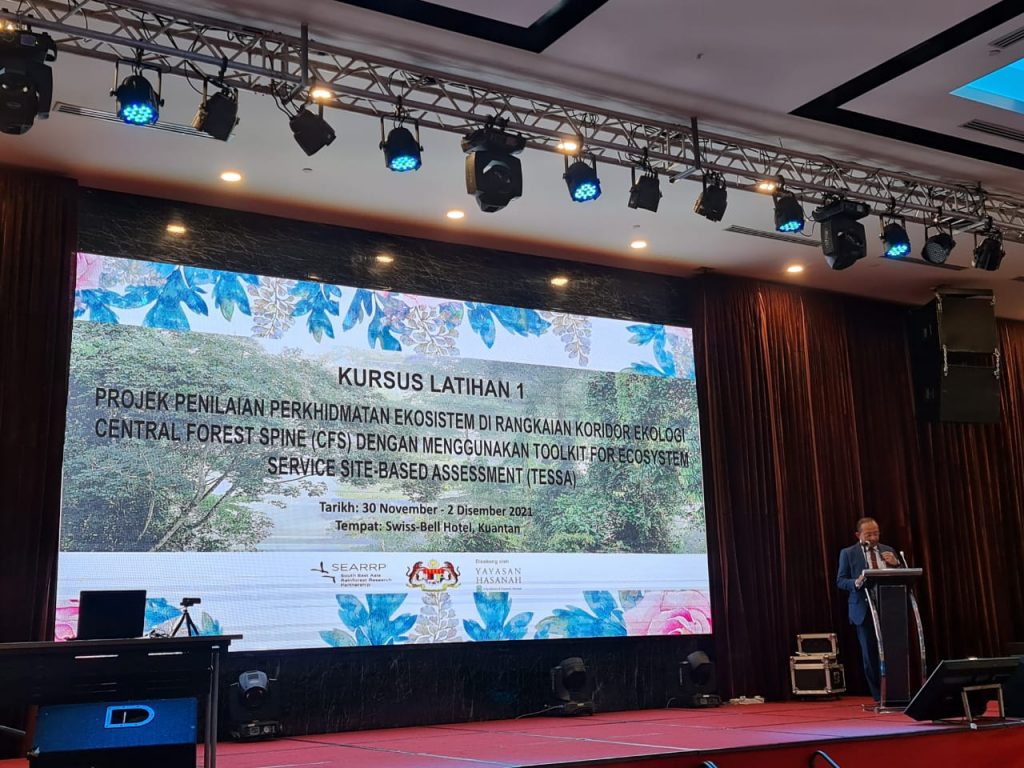
Oficiating event_Credit photo to_Dr Hanisah
This has been a rare opportunity for all our participants from all over Malaysia from various agencies working in the Central Forest Spine to gather in one place to talk and share their thoughts about the threats, the challenges and ecosystem services in their respective areas.
In this training, participants learned further in depth about which TESSA methods they can use at their study sites while understanding what data is available or that needs to be collected. They calculated above-ground biomass and carbon stocks in a forest plot, engaged in very lively discussions about opportunities of nature-based recreation tourism and identified the beneficiaries of water resources in their respective study areas. Some of our seasoned forestry officers also shared about their experience and knowledge on their field sites, threats and their data collection.
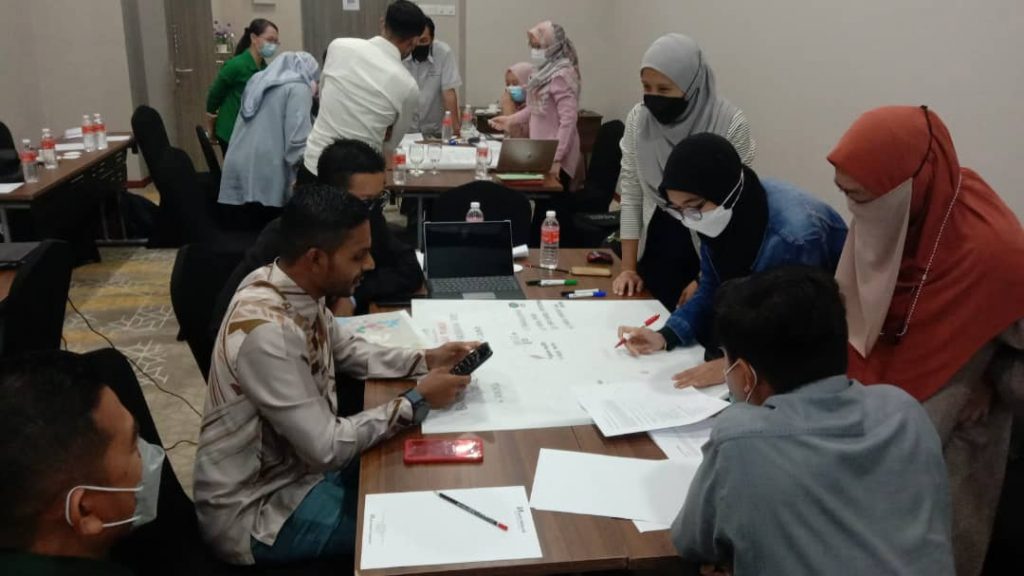
Role play activity
Participants also had the opportunity to see first hand and visit a well managed forest research centre, at the Pusat Penyelidikan Tasik Chini (PPTC), established and run by the University Kebangsaan Malaysia (UKM). They were treated to a live demonstration of tree measuring by the JPN Pahang team, took a boat ride about the famous Tasik Chini lake and a visit to the local Jakun community.
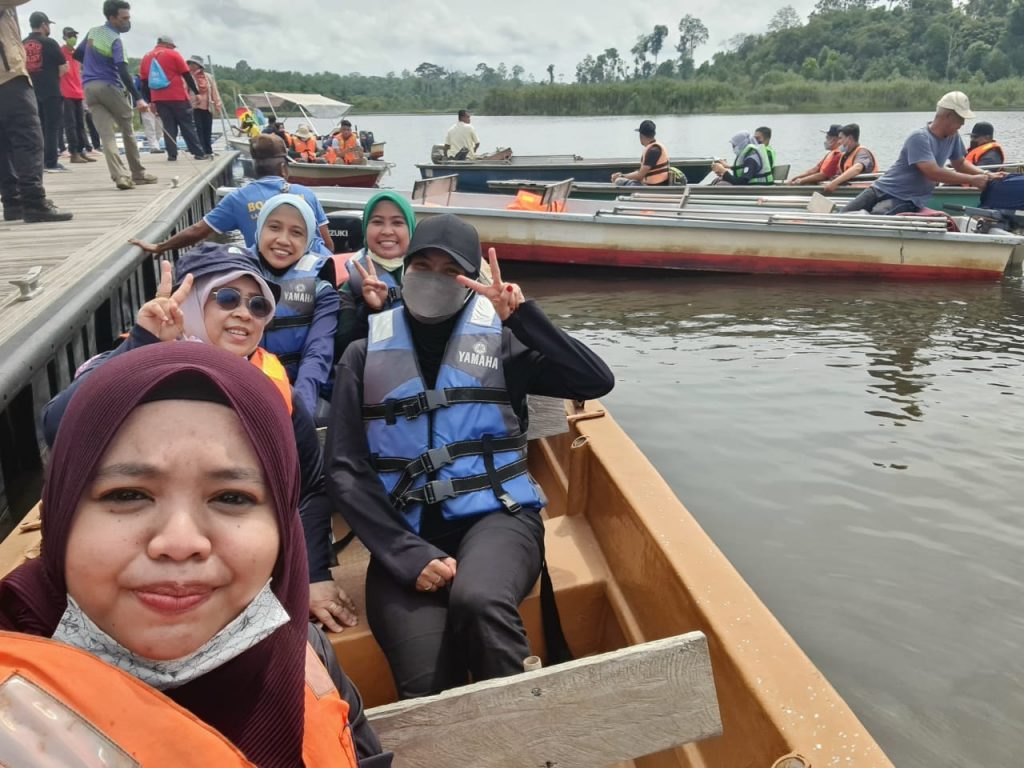
Boat ride Tasik Chini_Dr Hanisah
Overall in the three days of TESSA training at Kuantan, Pahang, the participants enjoyed the beautiful sea views of the area, tried the famous Kuantan Mango Cheesecake courtesy of Tuan Haji Helmy (JPSN Terengganu) and gained further knowledge on TESSA.
Our participants should now be armed with the skills ready to start their field work using the TESSA toolkit in their respective sites in the CFS.
We would like to express our gratitude to Pengarah JPN Pahang. Dato’ Hj. Mohd. Paiz B. Kamaruzaman for officiating the event and the support of JPN Pahang and JPSM in making this event a success and also to PPTC team, UKM for organizing our Tasik Chini field excursion.
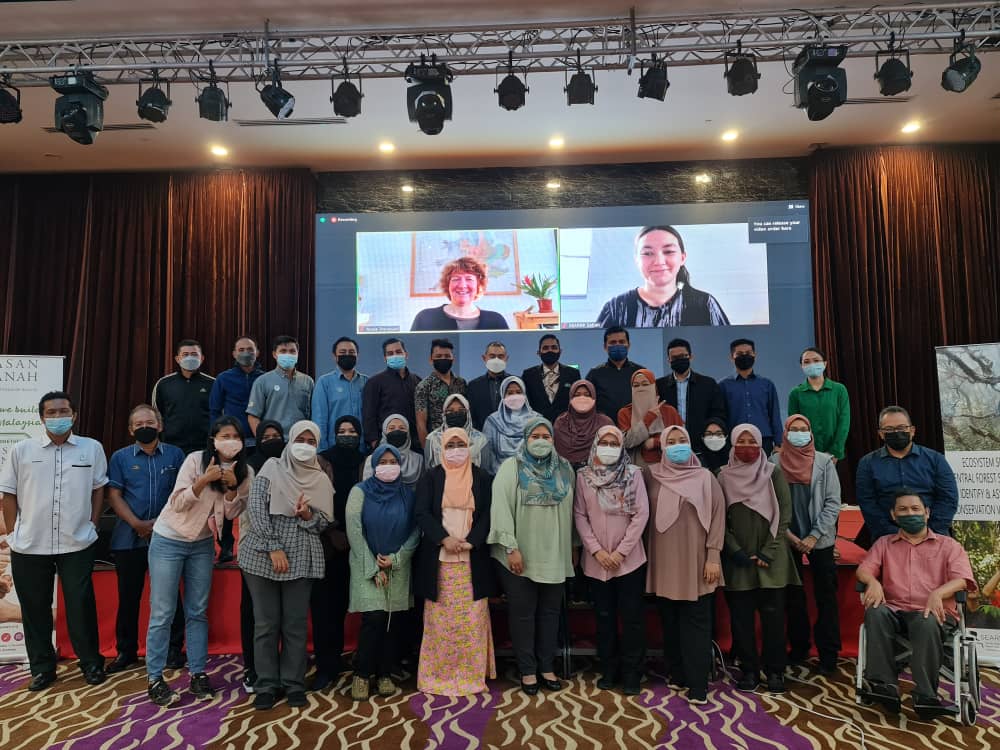
Finale_group photo
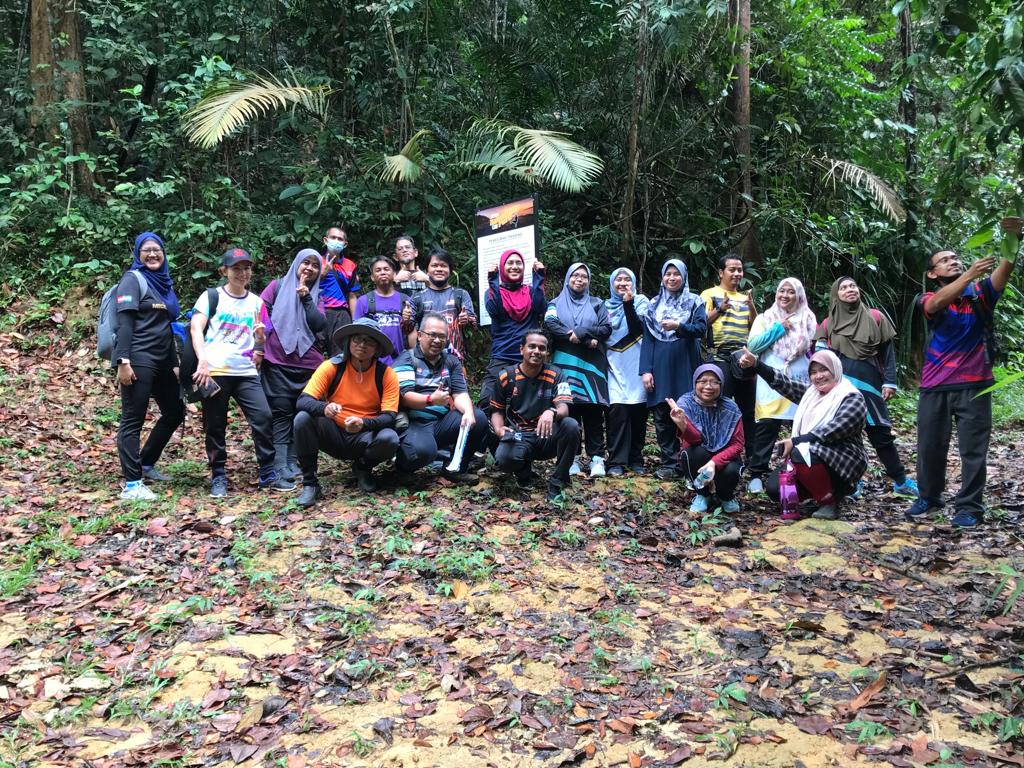
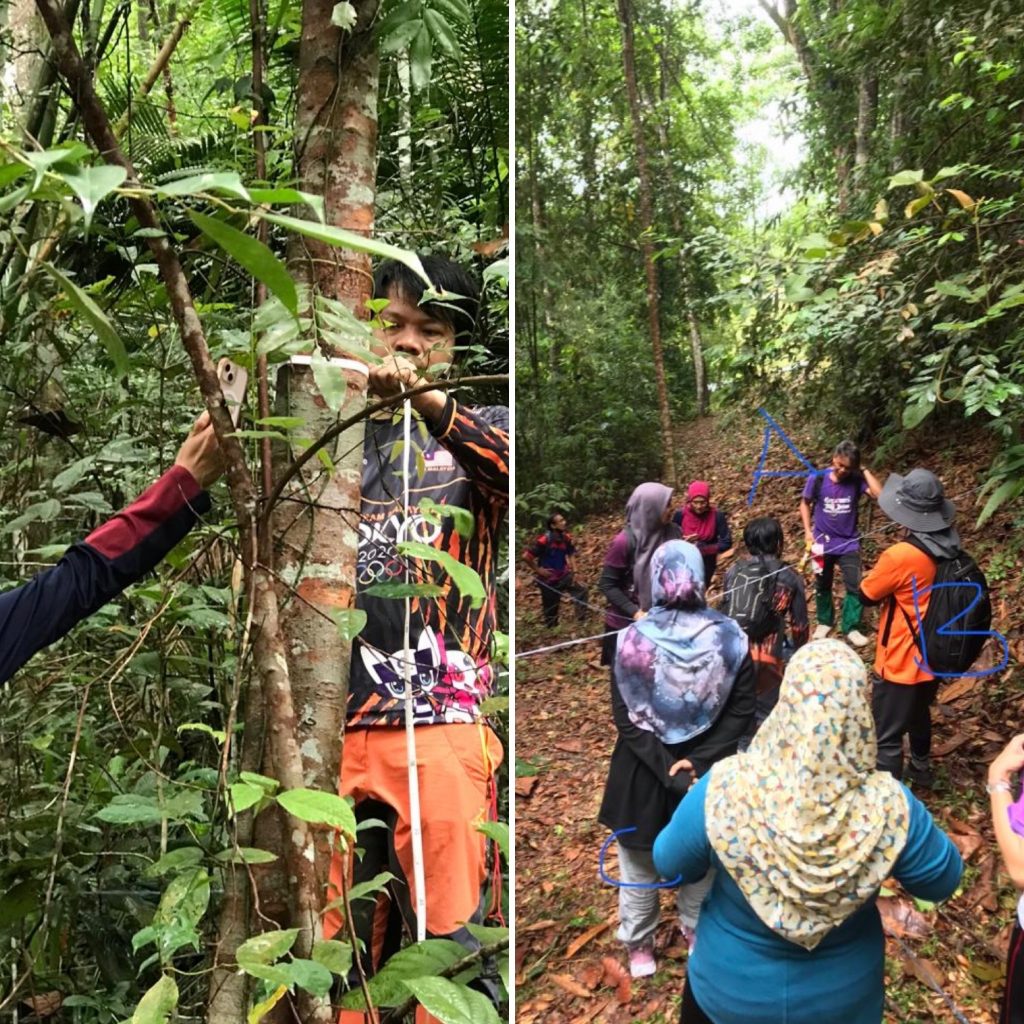
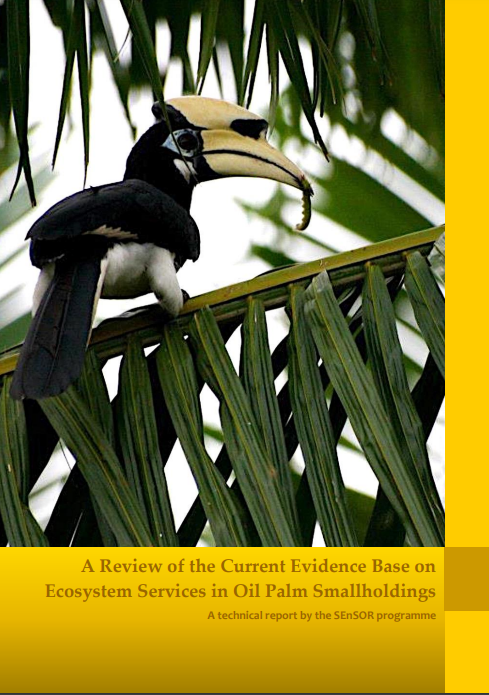
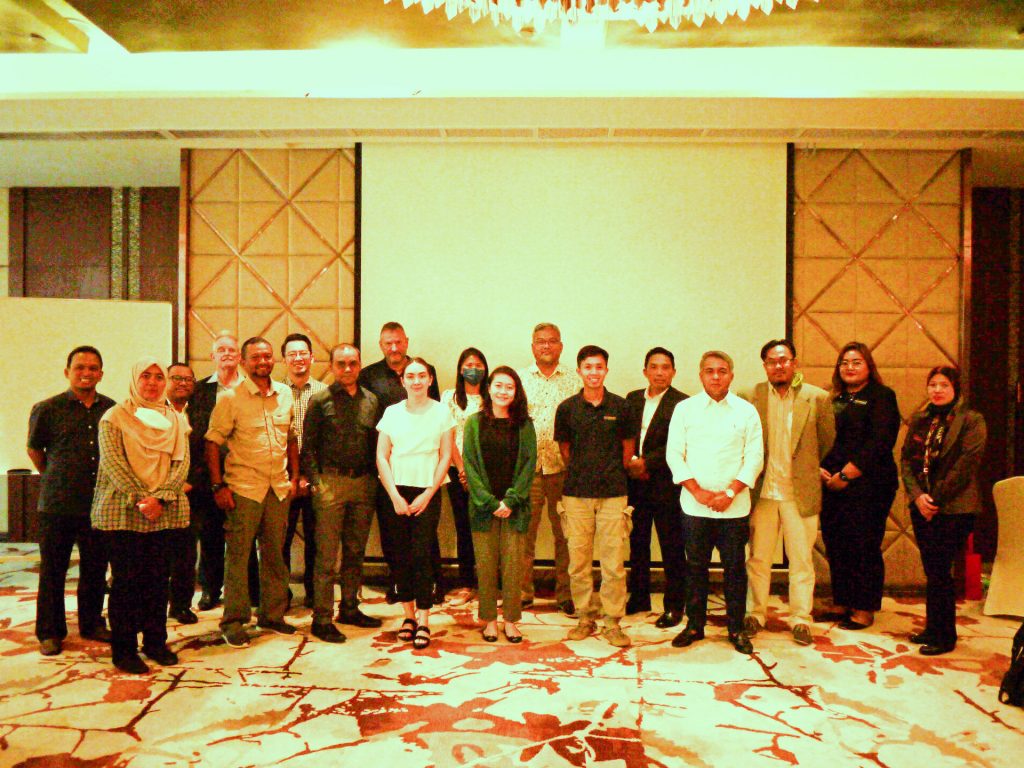
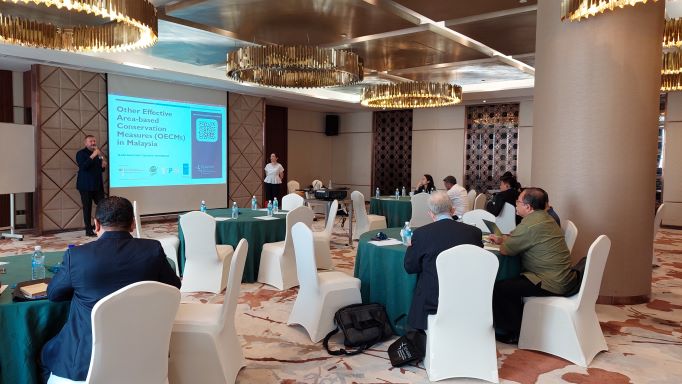
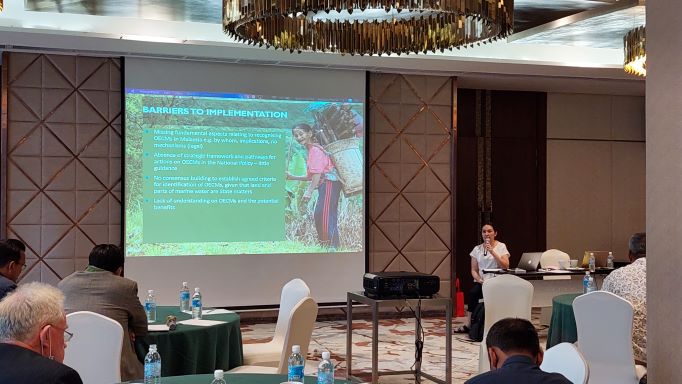
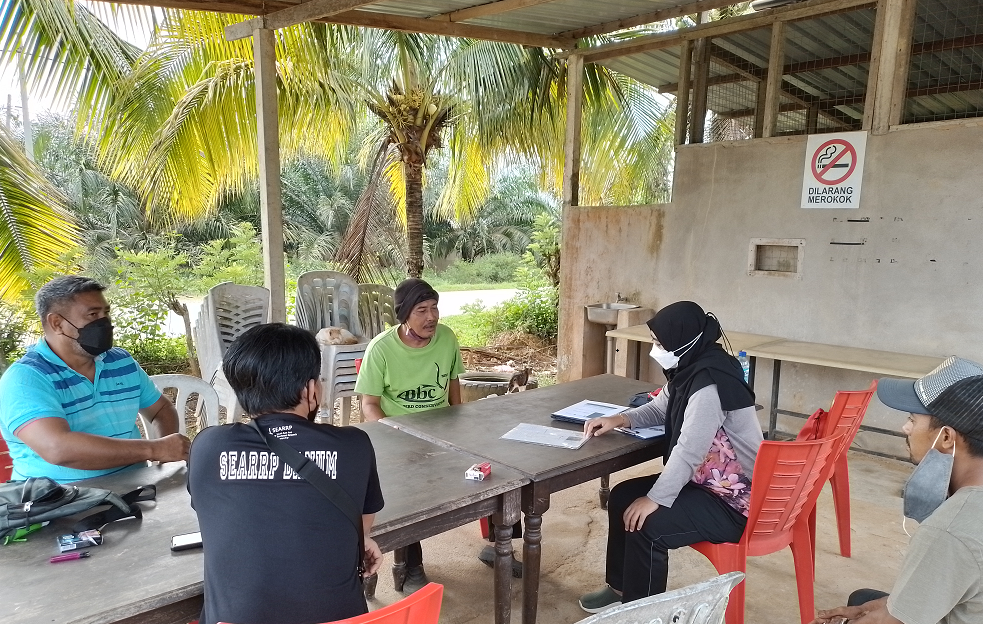



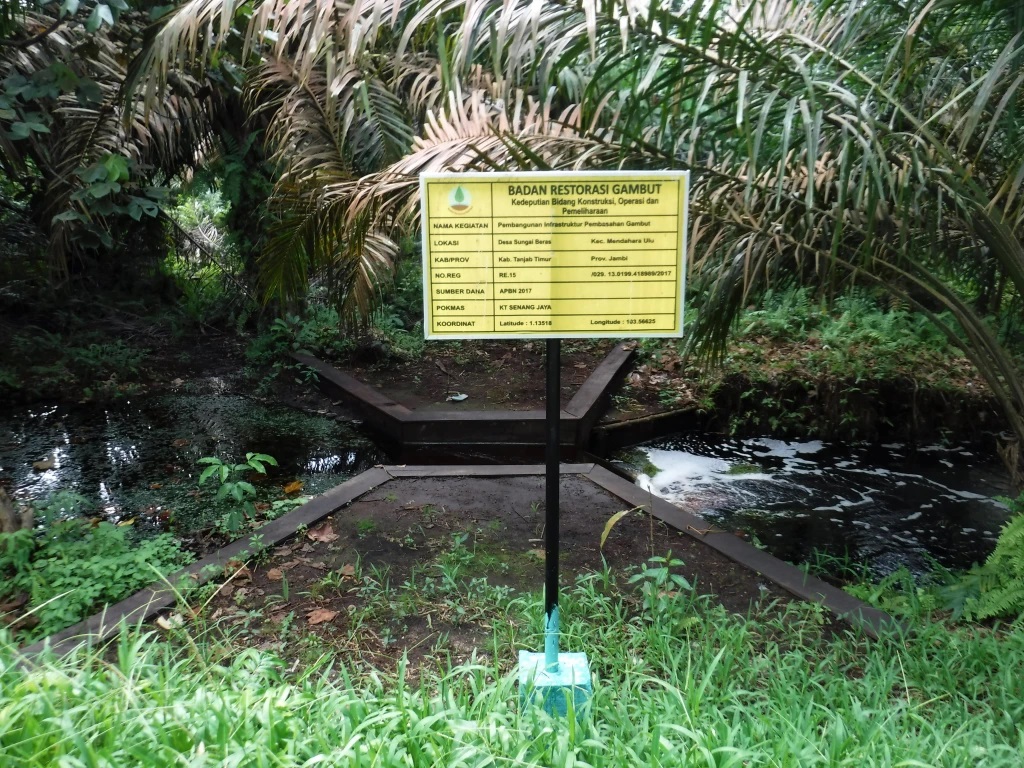
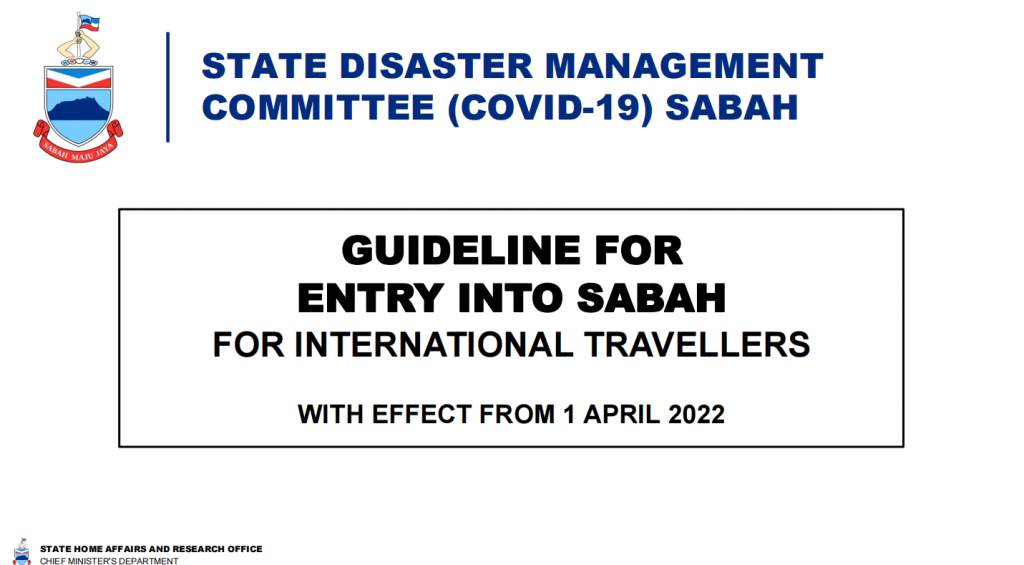
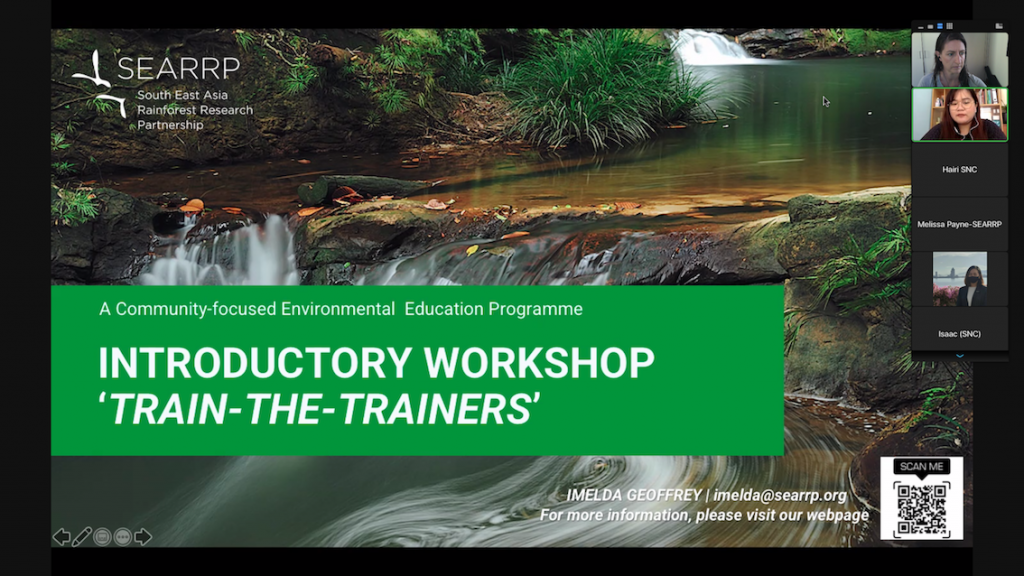
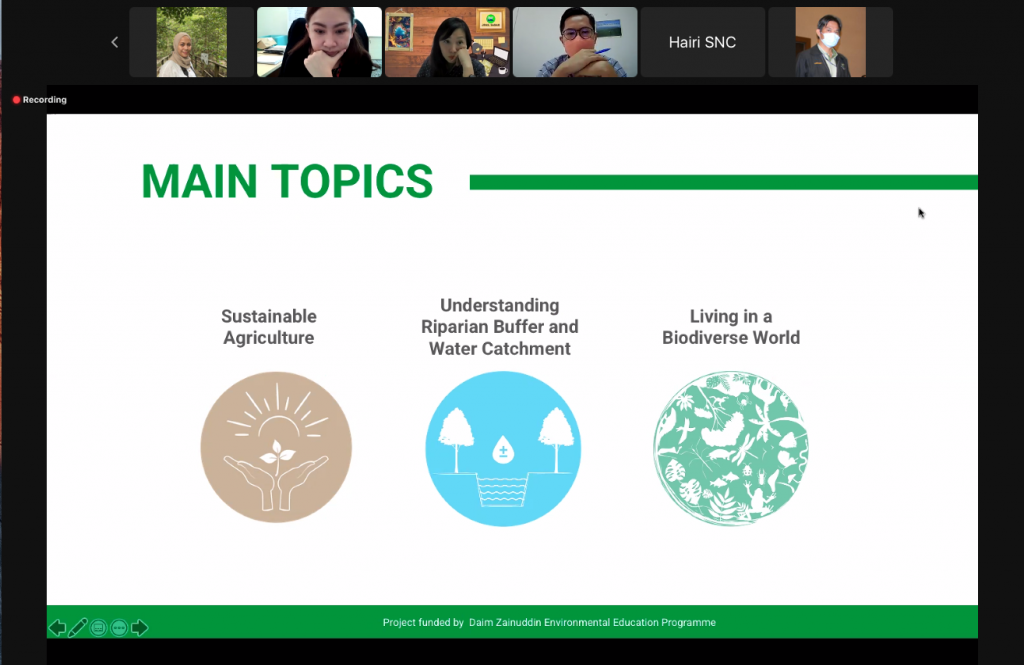
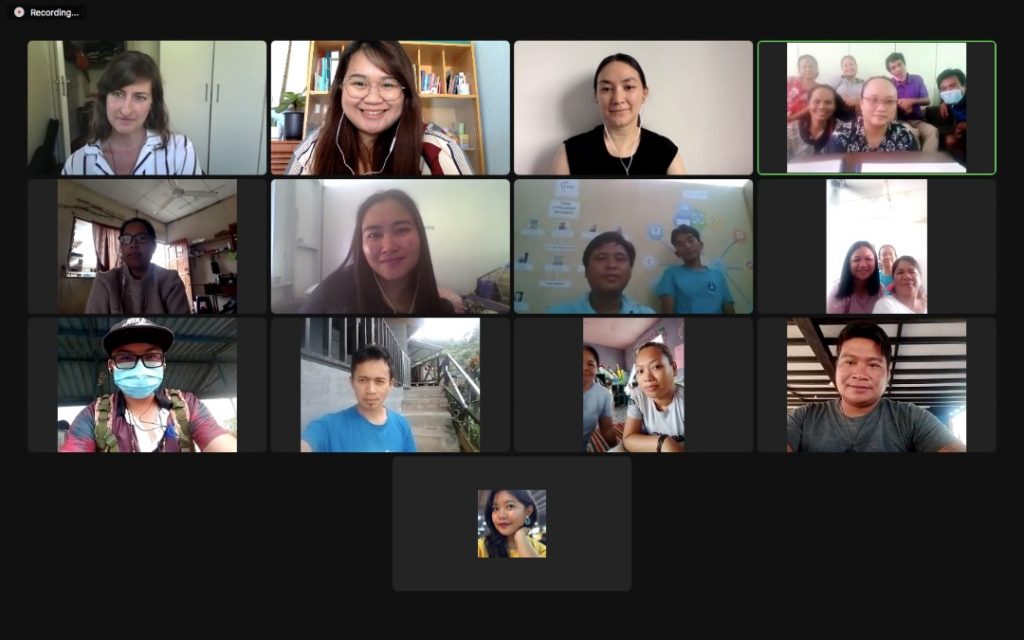
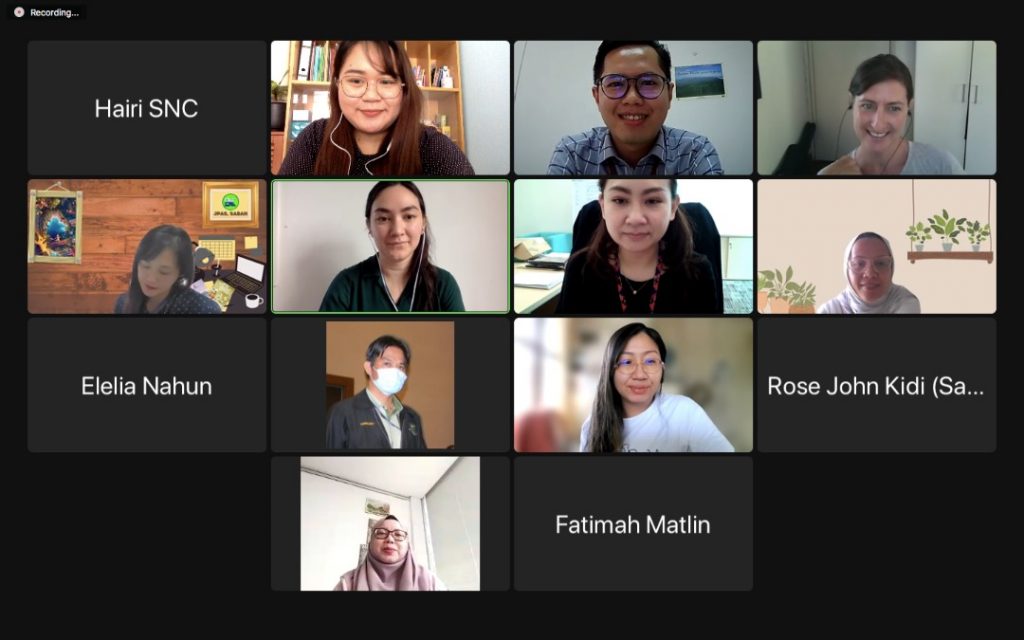
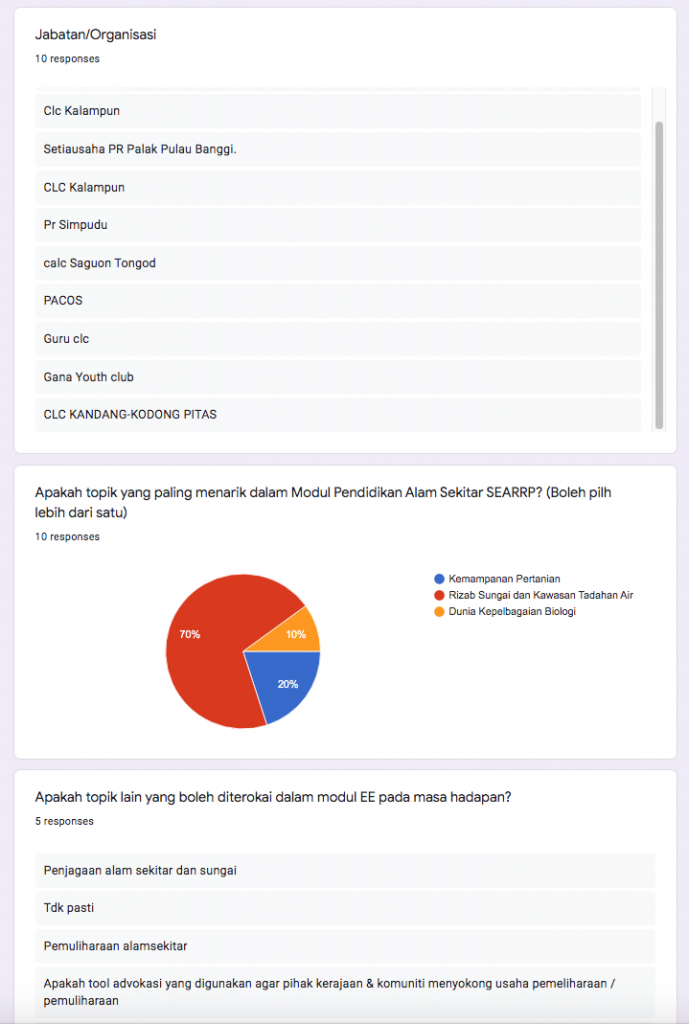
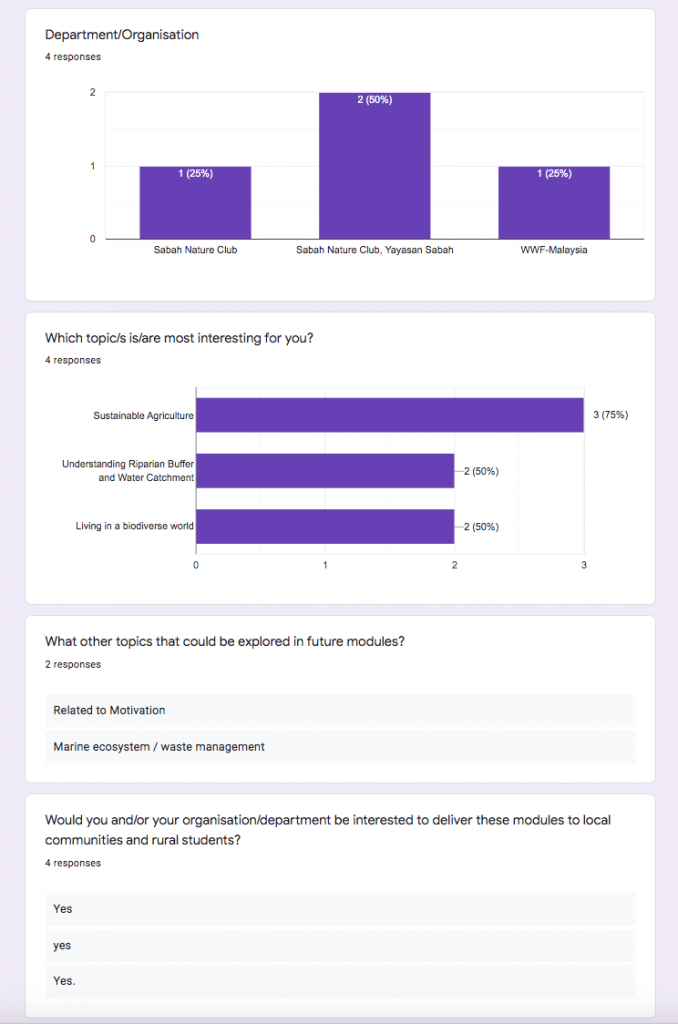
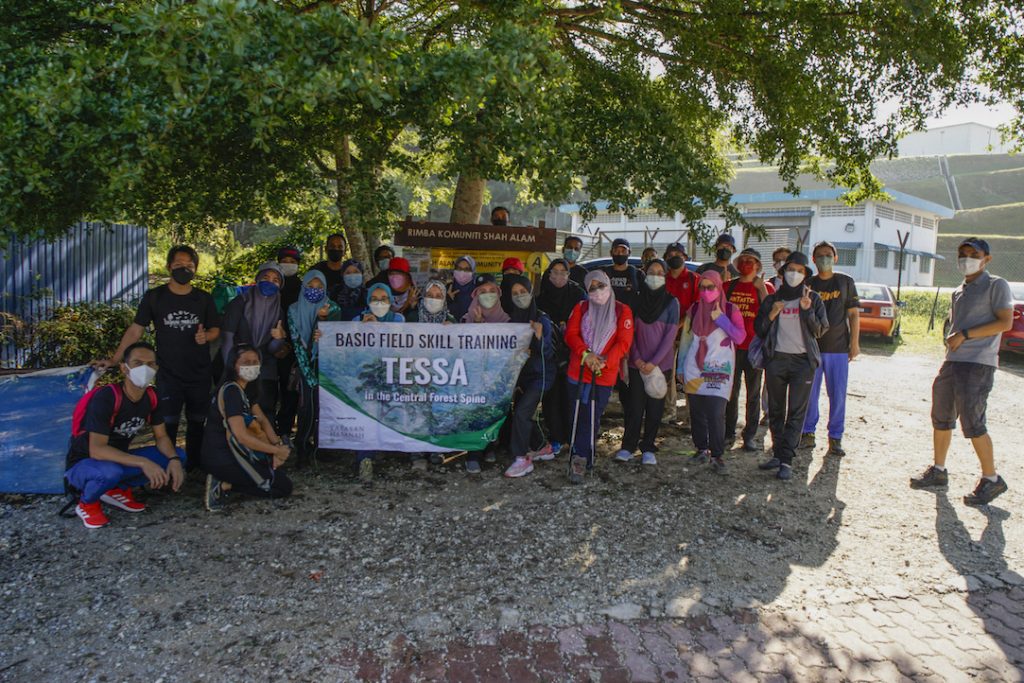
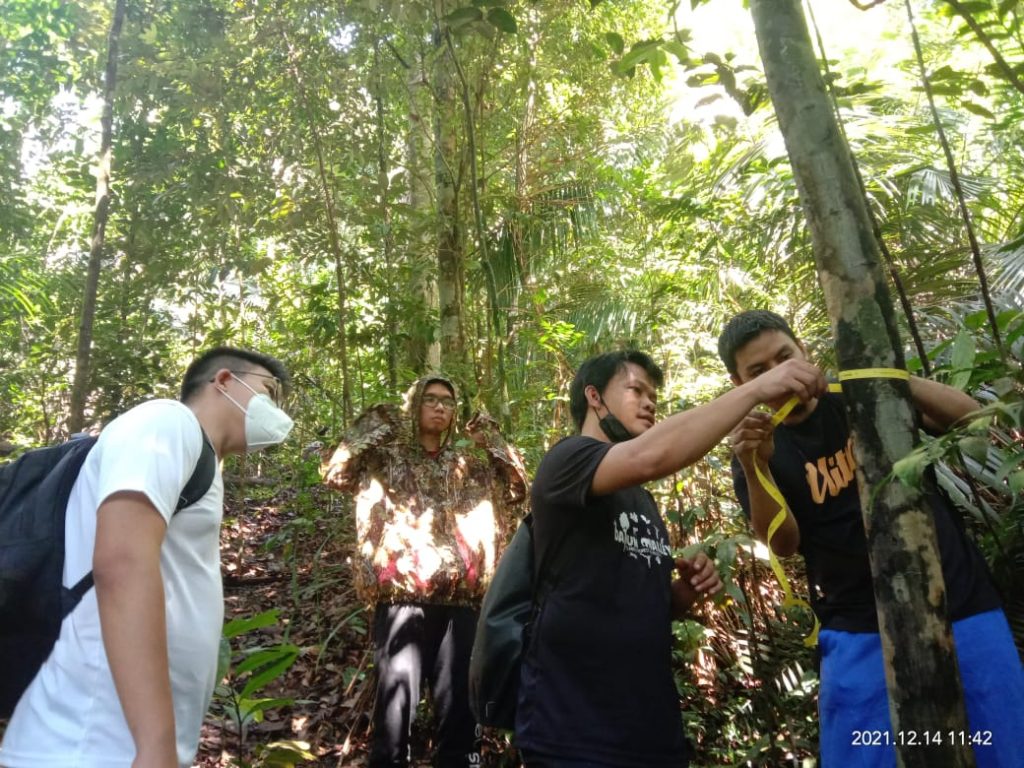
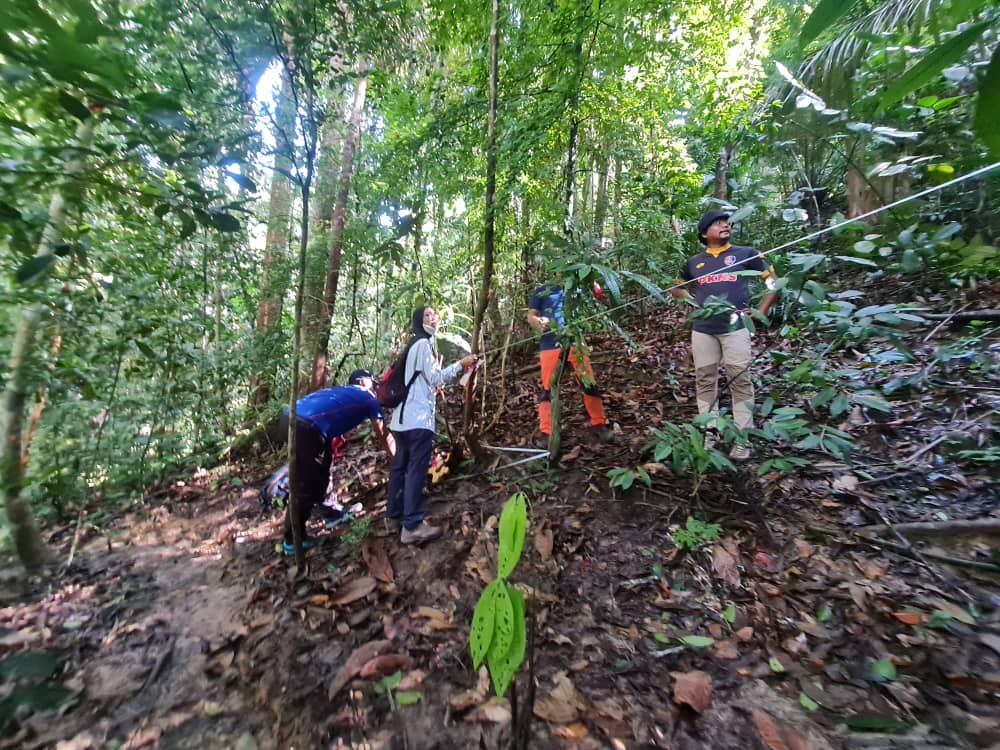
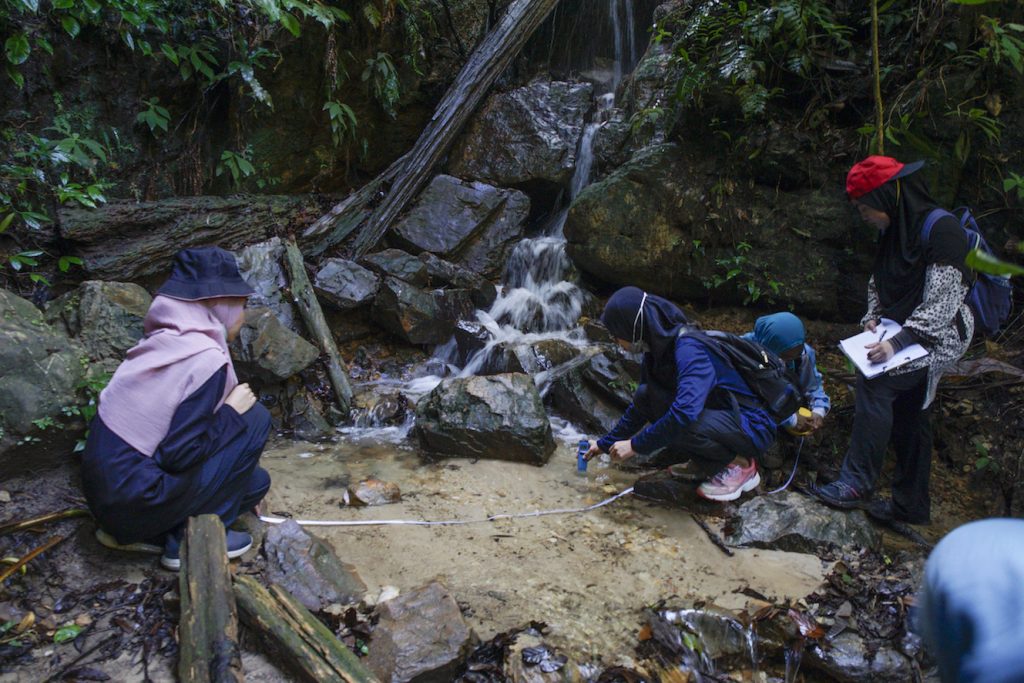







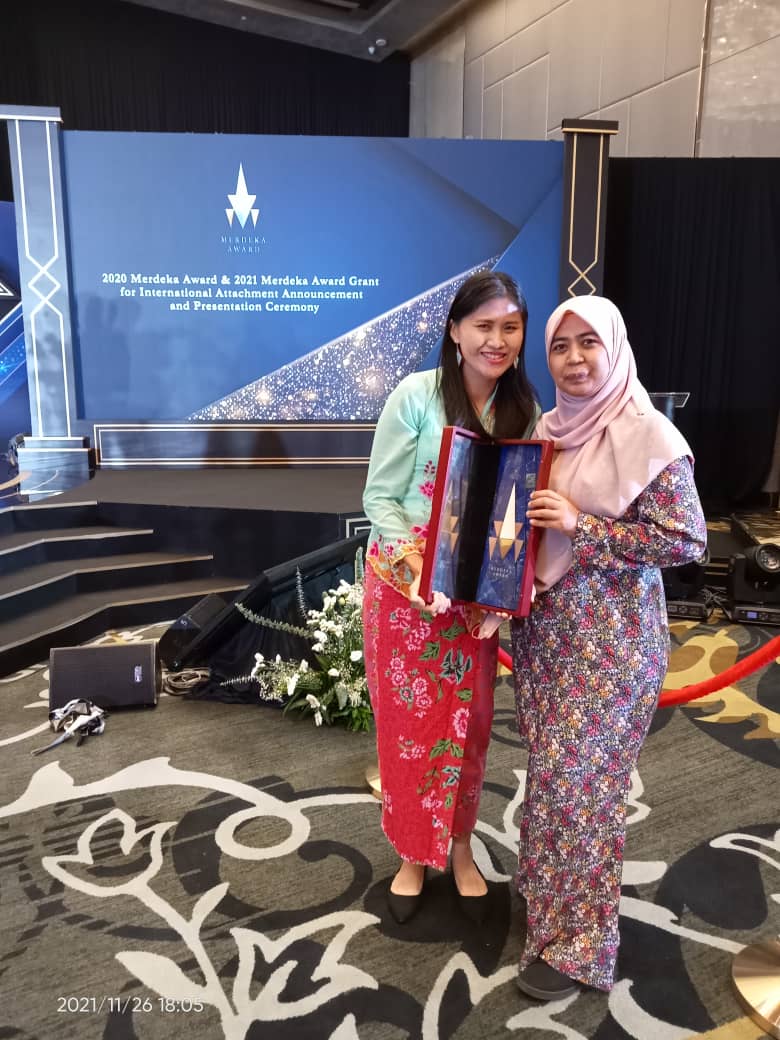
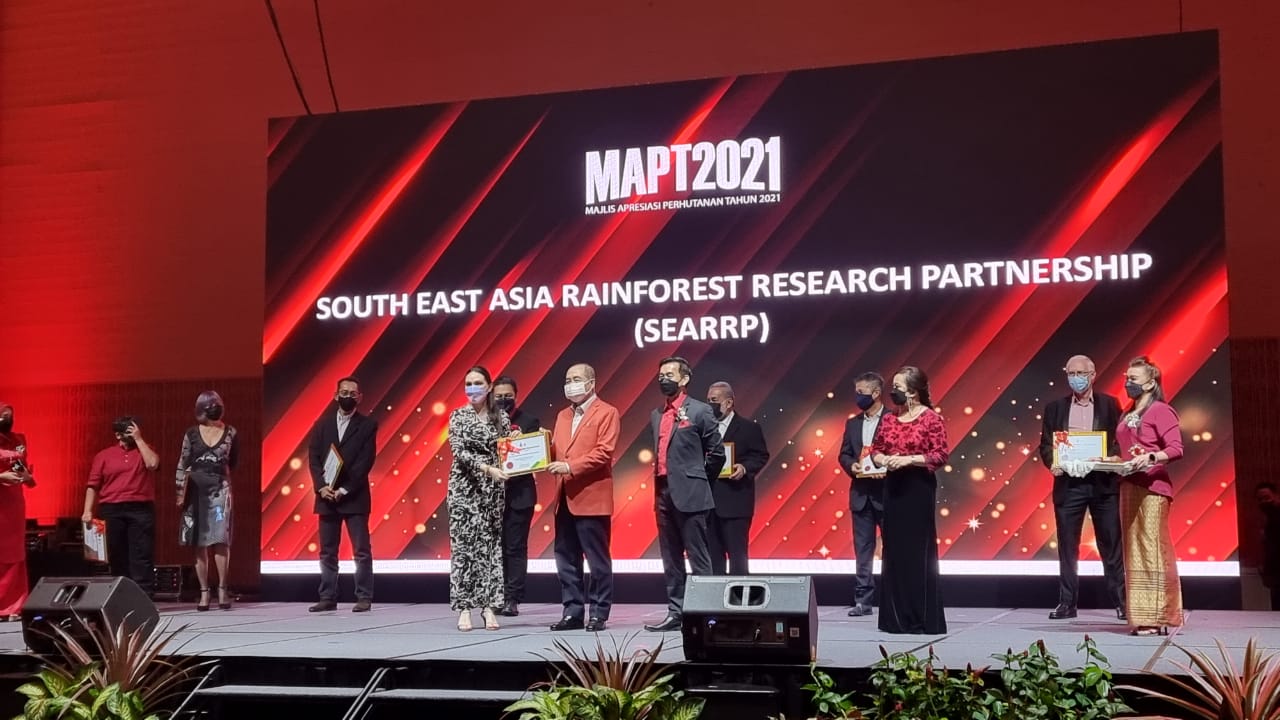 THE MALAM APRESIASI PERHUTANAN 2021 – Forestry Appreciation Night
THE MALAM APRESIASI PERHUTANAN 2021 – Forestry Appreciation Night